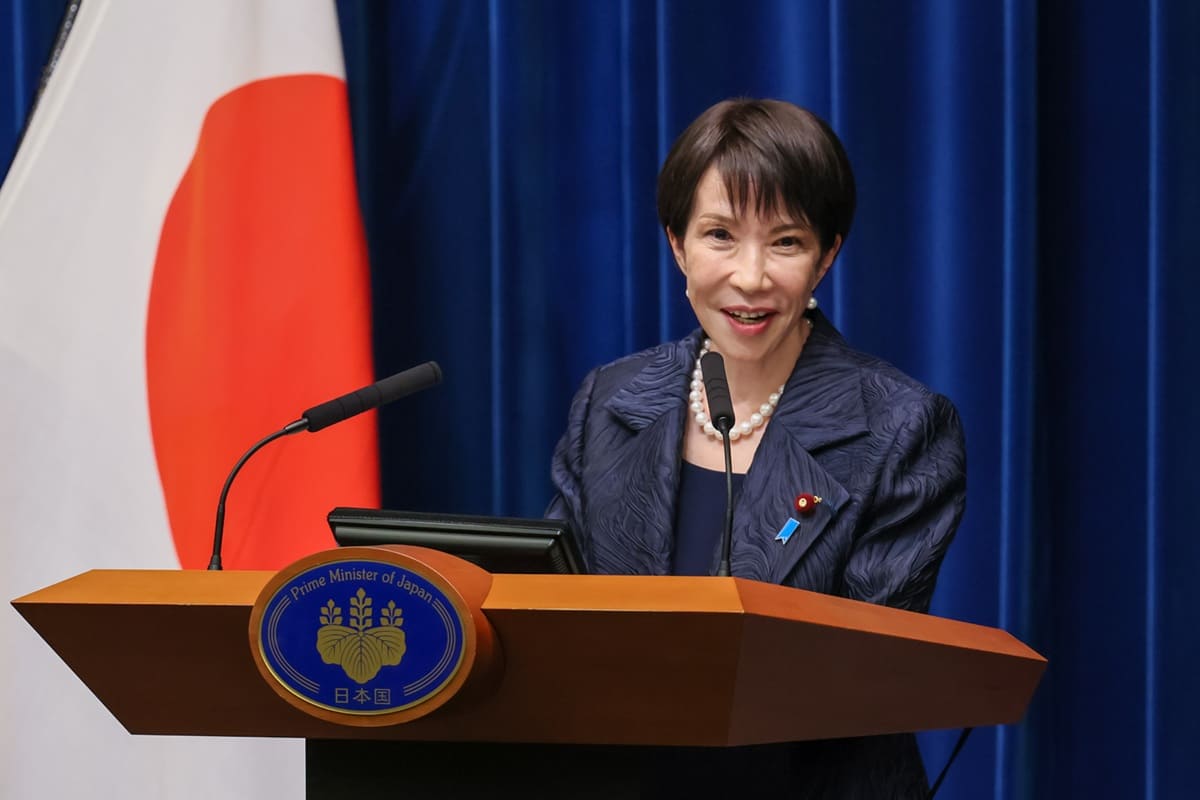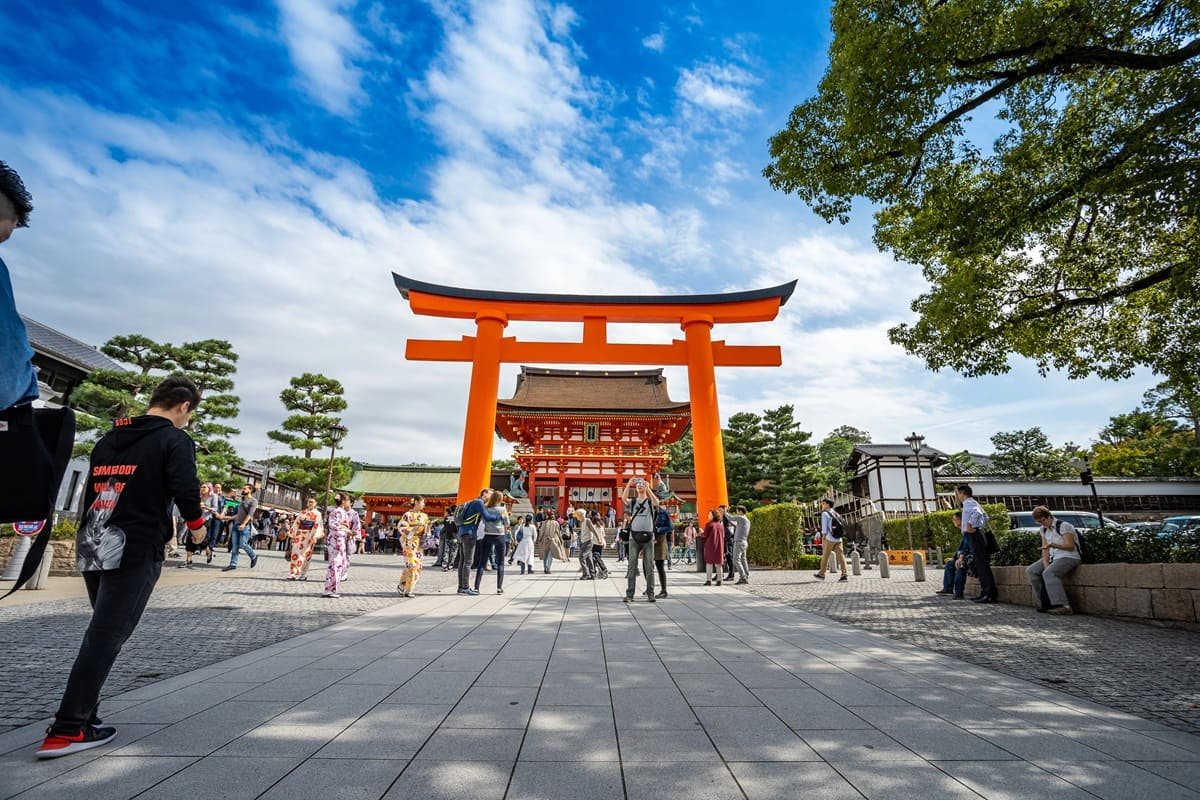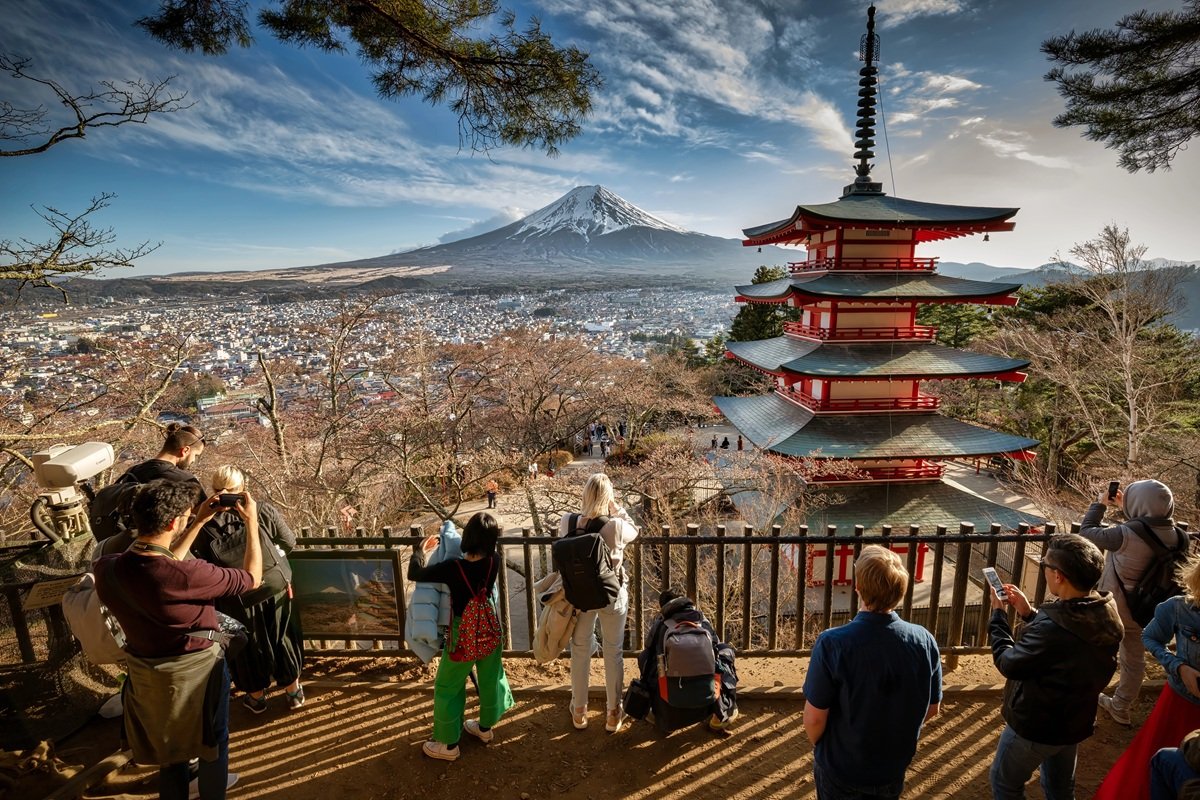During a press conference on May 23, Japanese Justice Minister Keisuke Suzuki announced several key measures aimed at strengthening immigration control in Japan. Among them was the confirmation of the creation of an electronic travel authorization system named “JESTA”.
JESTA: a new digital filter for entry into Japan
The minister officially unveiled the name “JESTA” (Japan Electronic System for Travel Authorization) for the new pre-screening system for travelers who do not require a visa. Previously referred to as the “Japanese version of ESTA”, the system is inspired by the U.S. model, which was introduced in 2009.

“We’ve decided on an official abbreviation for the electronic travel authorization system. Referring to examples from other countries, we had previously called it the ‘Japanese ESTA’, but we have now adopted the English abbreviation ‘JESTA’,” Keisuke Suzuki stated.
“In the future, as we roll out the system, we will work to raise awareness among foreign nationals wishing to enter Japan, using the abbreviation JESTA,” the minister added.
JESTA to be launched by end of fiscal 2028
Regarding the rollout timeline, and as previously reported by VisasNews, the Minister of Justice confirmed that he is “determined to take all necessary measures to ensure the introduction of JESTA by the end of the 2028 fiscal year”. The system was initially expected to be implemented in 2030.
“The significance of JESTA lies in its contribution to stricter immigration and residency control, and in expediting immigration checks. With the rising number of visitors to Japan, speeding up immigration procedures is an urgent task,” explained Keisuke Suzuki.
Minister Suzuki also acknowledged growing public concern in Japan over current immigration challenges and the need for action. “We are aware that issues such as illegal stays have been reported in immigration and residency management, and that anxiety among the Japanese public is increasing. In response to this, we will strengthen immigration control systems, and fundamentally, the introduction of JESTA for visa-exempt countries will also contribute to enhanced immigration oversight,” he said.
71 countries covered by the JESTA system for travel to Japan
In 2024, Japan welcomed a record 36.9 million foreign visitors, surpassing the previous high of 31.9 million set in 2019. This sharp increase is attributed to factors such as the weak yen and the lifting of health-related travel restrictions, making Japan a more accessible and appealing destination for international travelers.
This surge has highlighted the need for the Japanese government to bolster border control measures, particularly through the implementation of the JESTA system.
JESTA will apply to travelers from countries that currently enjoy visa exemptions. These travelers will be required to obtain electronic authorization before their departure to Japan, allowing Japanese authorities to pre-screen them.
Citizens from the following 71 countries and territories will be required to apply for travel authorization via JESTA before traveling to Japan:
- Andorra, Argentina, Australia, Austria, Bahamas, Barbados, Belgium, Brazil, Brunei, Bulgaria, Canada, Chile, Costa Rica, Croatia, Cyprus, Czech Republic, Denmark, Dominican Republic, El Salvador, Estonia, Finland, France, Germany, Greece, Guatemala, Honduras, Hong Kong, Hungary, Iceland, Indonesia, Ireland, Israel, Italy, Latvia, Lesotho, Liechtenstein, Lithuania, Luxembourg, Macau, Malaysia, Malta, Mauritius, Mexico, Monaco, Netherlands, New Zealand, North Macedonia, Norway, Panama, Poland, Portugal, Qatar, Romania, Saint Marin, Serbia, Singapore, Slovakia, Slovenia, South Korea, Spain, Suriname, Sweden, Switzerland, Taiwan, Thailand, Tunisia, Turkey, United Arab Emirates, United Kingdom, United States and Uruguay.





